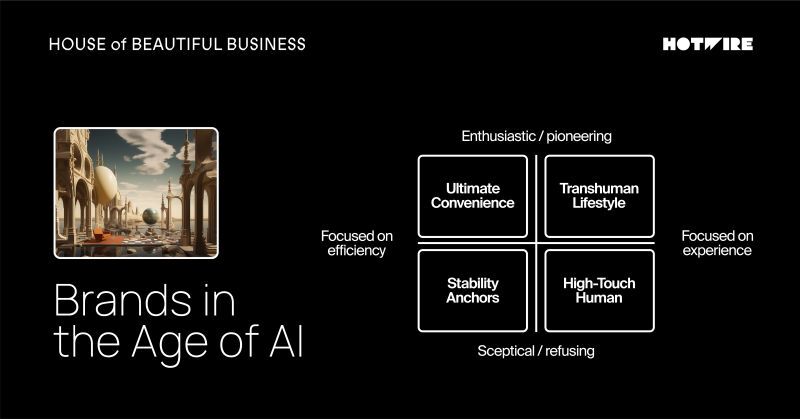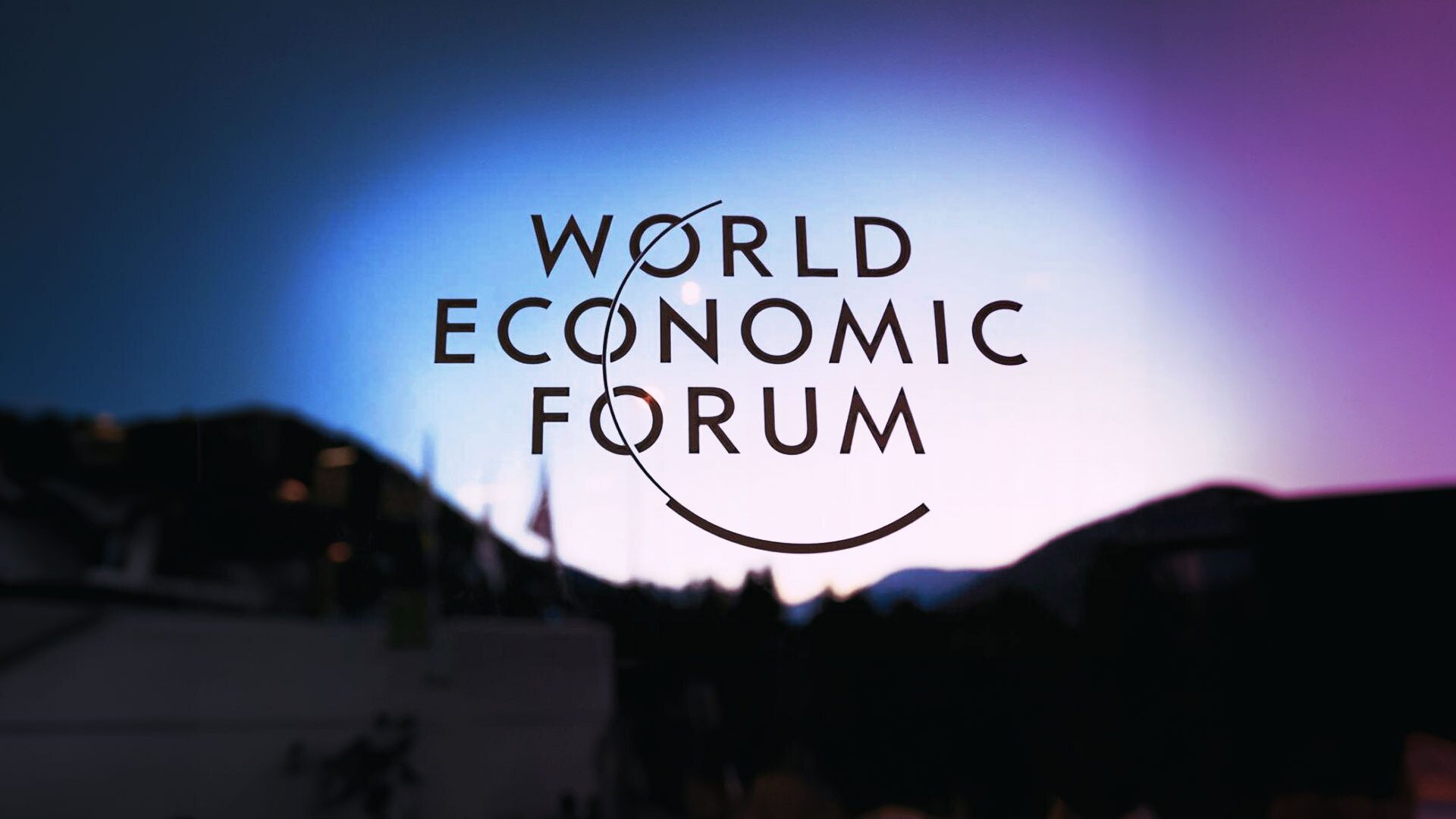This year, along with CEO of Hotwire Continental Europe, Ute Hildebrandt, I not only attended the World Economic Forum (WEF) in Davos, Switzerland, but had the pleasure of speaking alongside Hotwire partners, SAP and House of Beautiful Business, at the forum.
The two topics at the center of this year’s meeting were tech and politics. To no one’s surprise, AI’s dominance is showing no signs of slowing down. But there has been a notable shift in the AI conversation from, “What’s possible?” to “It’s time to put AI to work.” While there is a healthy mix of optimism and excitement, the unknowns are certainly causing leaders to pause at the recognition that AI poises both a reputational risk and an opportunity for brands and brand leaders.
The AI Agenda: Build Trust
The stakes are high when it comes to AI and the world is watching to see how leaders and brands address the tough questions about safety, security, and bias. It’s clear that with the pace and velocity of today’s AI conversations, leaders can’t stay quiet and setting the right narrative is more important than ever. There is also no room to speak in platitudes. The key is for organizations to anchor their AI narrative in the brand purpose, using practical examples that are relevant to their audiences and continue to evolve as needed.
Irrespective of where an organization stands in the ongoing discourse on AI, it is crucial for brand leaders not to disregard them. Central to the AI discussions is the importance of trust—whether it involves rebuilding, establishing, or proving it—across stakeholder audiences, encompassing the workforce, education, regulation, and beyond.
As consumers, we are loyal to brands that we feel are conveying who we are. We trust they can speak on our behalf—to deliver messages we feel they’ve committed themselves to. Trust is not formed on accident or by coincidence. When AI is being leveraged, we want to feel as though the brand is still engaging with us as humans in a truthful, authentic, and reliable way. With this in mind, an evolving brand narrative can ultimately define the success of a brand, as the best companies make brand building a top priority, no matter what’s happening in the market or in the economy at large.
Our recent Brand Narratives in the Age of AI Report, created in partnership with The House of Beautiful Business, dives into this concept further, underscoring the importance of embracing new and evolving technology , but found that feelings toward AI specifically are mixed. Moving too quickly and making mistakes can have serious ramifications for brand trust and loyalty. The report identified four distinct responses to AI, characterized by enthusiasm, pragmatism, reluctance, and rejection. As this technology evolves, this unique matrix offers leaders a way to visualize different approaches to AI and discuss which of the four categories best reflects their brand’s offer and strategy and how to communicate that effectively.

Let’s talk politics, said WEF attendees
Beyond the AI discussions, disinformation and the sheer volume of global elections taking place this year were top of mind with many discussions on AI’s role and the continued impact of social media on elections. Many business leaders are working closely with their governments on implementing regulation and setting guardrails for technology, particularly with AI. It’s not clear which governments are leading as many are still grappling with the different facets of today’s innovations, though as mentioned, conversations are continuing to lean toward an optimistic outlook on what’s to come with AI.
Recession Fears Fade
Recession fears continue to fade as global macroeconomic conversations took an optimistic turn at the conference, with the majority of economic experts dismissing the prospect of a recession in 2024. They point to lower inflation, rising consumer confidence, and an overall robust global economy. However, a note of caution remains, with rising geopolitical tensions and experts emphasized that a major crisis could swiftly reverse the current economic growth trend.
Until next year, WEF!
The prevailing focus during this year’s conference narrowed in on the potential of technological innovation and the improvement of global economic conditions. The conversations also acknowledged the headwinds of unforeseen consequences of AI implementation, rising geopolitical tensions, and the likelihood of a tumultuous Presidential political season in the US.
Given the dominance of tech-forward discussions and presence at WEF, technology leaders often ask if they should be there and if the cost and time are worth the effort. The answer is yes, with a caveat. There is a well-defined playbook for optimizing your presence and returns, much of which can be applied to other global events in 2024. Leaders should be willing to invest the time and be an active participant the conversations, leading up to, during and following Davos.
If you’re considering attendance or need help making your case, come talk to us. We will be happy to share our learnings and offer guidance on how best to show up.

